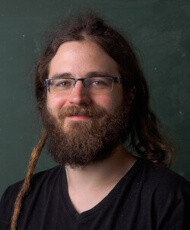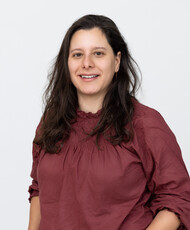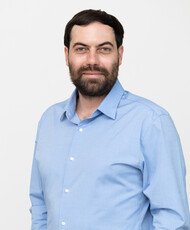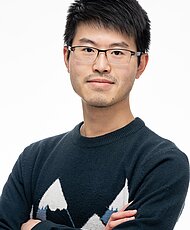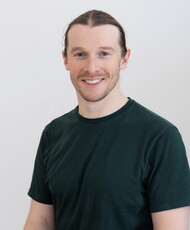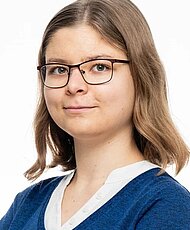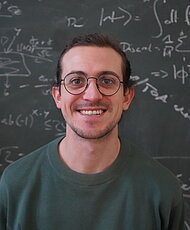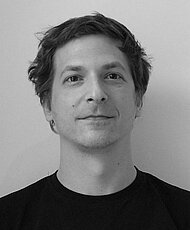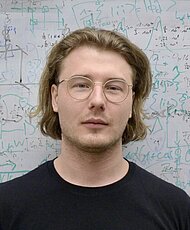
The notion of time has a central place in physics. When talking about physical processes, one generally assumes that there exists an underlying casual structure: effects follow events. Indeed, it is the task of many scientific research programs to decouple cause from the effect. For example, in medicine, the task of deducing the effect of a particular drug on patients is particularly pertinent.
Recently, investigations into the role that quantum mechanics plays in causality, have intensified. Quantum theory contains a catalogue of surprising and counter-intuitive properties, and as such one can imagine far more exotic causal structures occurring in the formalism, such as superposition of causal orders.
We are currently investigating the notion of causality in the context of pre- and post-selected systems as well as in systems which have well defined local causal order but a relaxed global causal order (process matrices). These are two formalisms which are able to talk about time and are complement one another in the study of causal processes.
One avenue of investigation would be to apply the techniques we develop using pre- and post-selected systems and process matrices to generalised probabilistic theories (GPTs) and to investigate which criteria are required in order for a theory to exhibit well defined causal structure. As such, we hope to find a physical principle which may rule out many correlations based on the causal properties they exhibit.
Another line of research in this direction are the ultimate limitations on measurements of time. It turns out that they are directly related to autonomous quantum machines, where one can show that trade-off relations between the dissipative power, accuracy and resolution exist. This means that our ability to construct a good clock is limited by thermodynamics [1].
[1] P. Erker, M. T. Mitchison, R. Silva, M. P. Woods, N. Brunner, M. Huber, Autonomous Quantum Clocks: Does Thermodynamics Limit Our Ability to Measure Time?, Phys. Rev. X 7, 031022 (2017)
[2] R. Silva, Y. Guryanova, A. J. Short, P. Skrzypczyk, N. Brunner, S. Popescu, Connecting processes with indefinite causal order and multi-time quantum states, arXiv:1701.08638
[3] Y. Guryanova, R. Silva, A. J. Short, P. Skrzypczyk, N. Brunner, S. Popescu, Exploring the limits of no backward in time signallin, arXiv:1708.00669
Huber Group
Elizabeth Agudelo Ospina
- Principal Investigator in Theoretical Quantum Optics (TU Vienna)
Kai Hong Li
- PhD Student (TU Vienna)
Julia Mathe
- PhD Student (TU Vienna)
Alberto Rolandi
- Post Doc (TU Vienna)
Lukas Schalleck
- Project Assistant


